
Discover Tibetan bowls, their manufacture, use and history, as well as the different types of bowls. singing bowls from our online store.
High-quality forged bowls
The singing bowls we offer (with the exception of the "cast" bowls) are handcrafted by blacksmiths near Kathmandu, Nepal.
Some are left unfinished, others are engraved by hand. The engravings make no difference to the quality of the sound, but can bring a different energy to the bowl and its singing. For example, take a look at our 7-metal engraved singing bowls.
Each bowl is unique
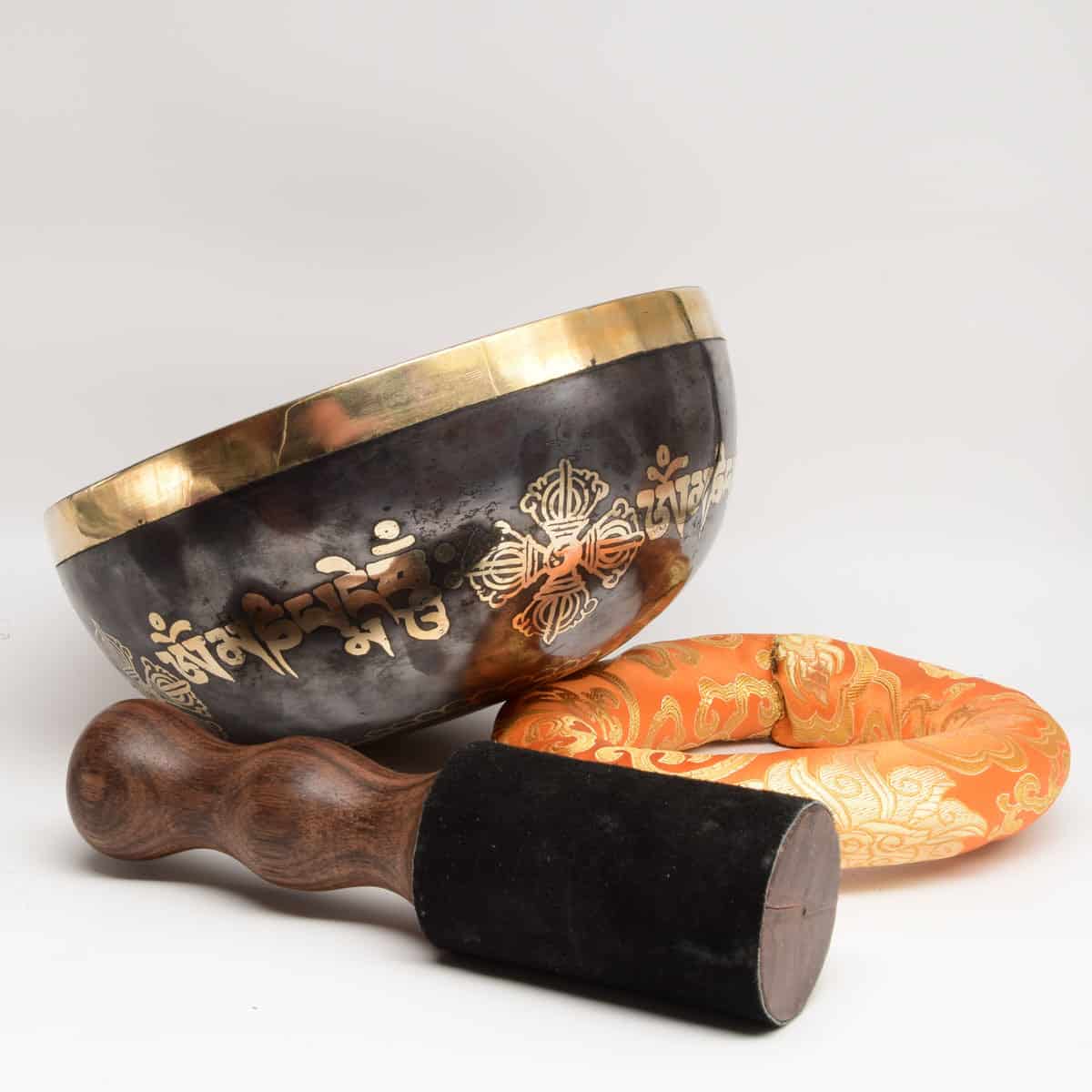
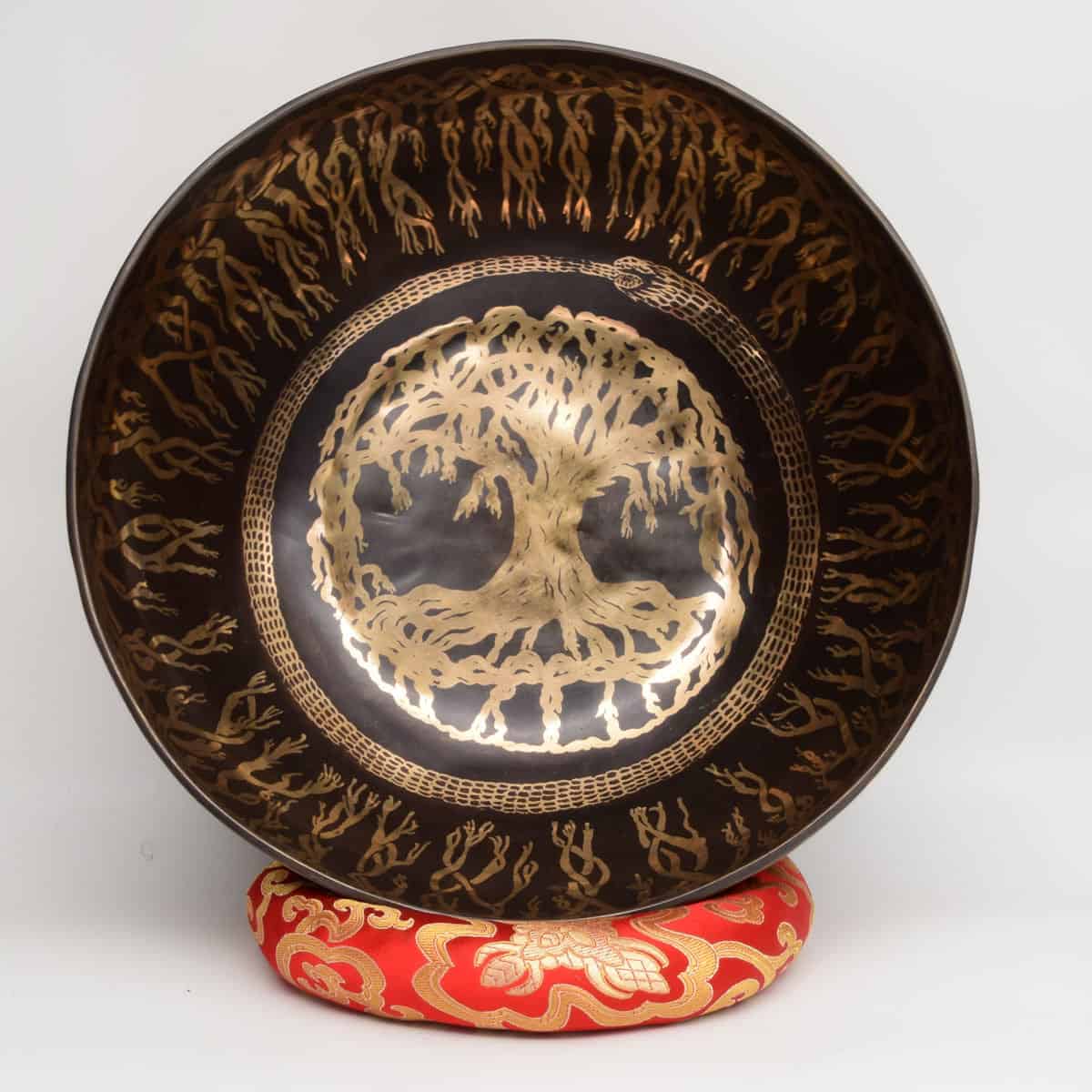
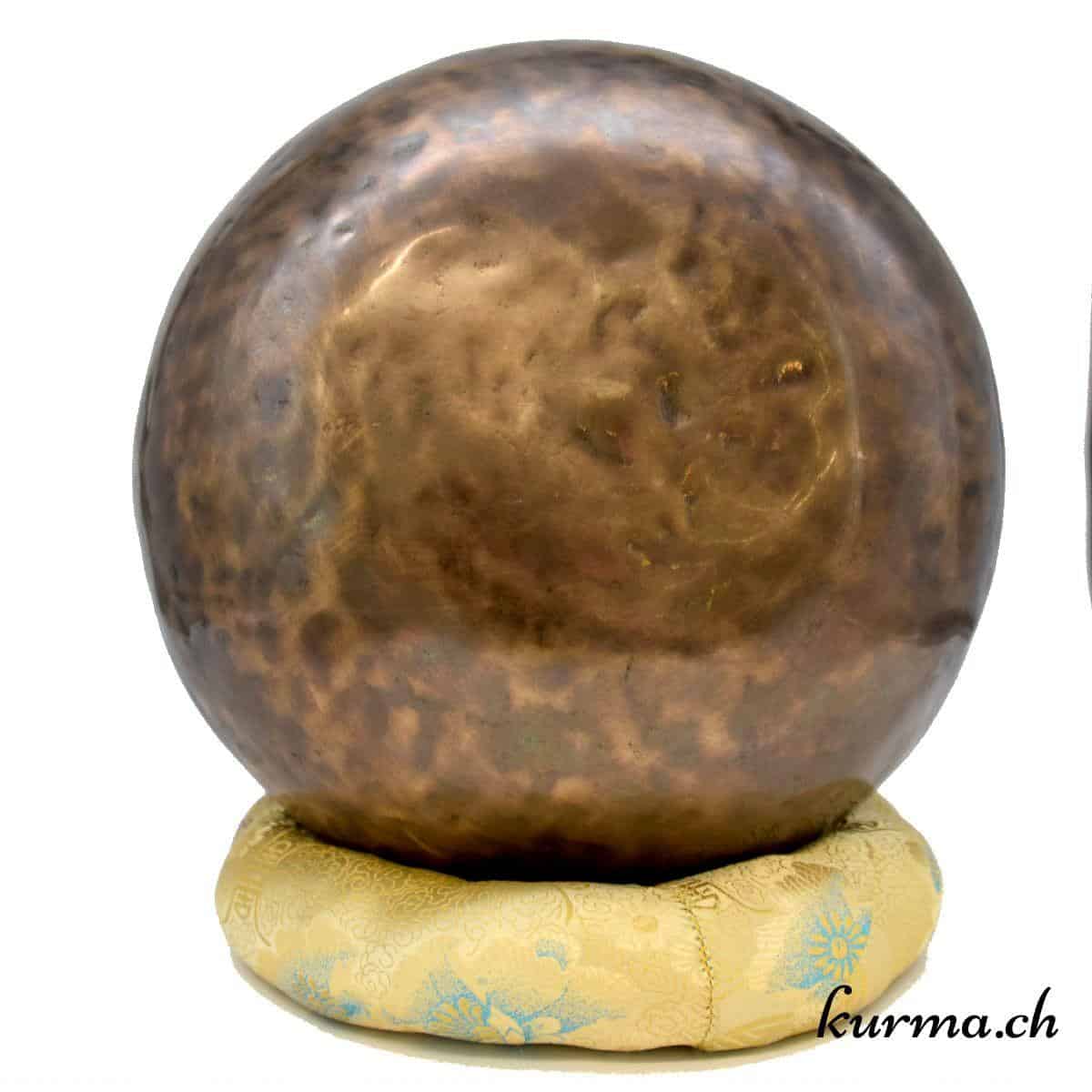
Composition
Our forged bowls are made from an alloy of 7 metals: copper, tin, iron, zinc, lead, gold and silver.
Using Tibetan singing bowls
Musical instruments, well-being, therapy, geobiology, meditation, decoration...
Examples from everyday life
- Soothe yourself after a stressful day
- Relieve pain (painful menstruation, jammed knee, blocked back...).
- Purify your stones, jewels, objects...
- Increase the vibratory rate of a food or medicine
- Sleep aid
- Aids meditation and relaxation
- Purify and harmonize the energies of your home or workplace
- Etc...
Instructions for use :
There are two ways to make a bowl sing: with a mallet and with a mallet. With the mallet, all you have to do is strike the outer edge of the bowl (upwards); its impact causes the bowl to vibrate spontaneously and its frequencies to diffuse in the same way as the impact of a pebble on water.
The mallet enables us to make the bowl sing by turning it while rubbing it around the bowl on the top of the outer rim, exerting fairly strong pressure. If the mallet jumps when the bowl vibrates, slow down or press harder.
History and origins of singing bowls
Singing bowls are thought to have originated over 3000 years ago in the Himalayas, where they were used by shamans and crafted by nomadic blacksmiths.
Today, their beautiful singing and their benefits to our physical and subtle bodies make them precious tools used and recognized the world over.
Other types of singing bowls
Cast singing bowls
Made of 3 or 5 metals and cast in sand molds. These bowls produce sharper and shorter notes than forged bowls.
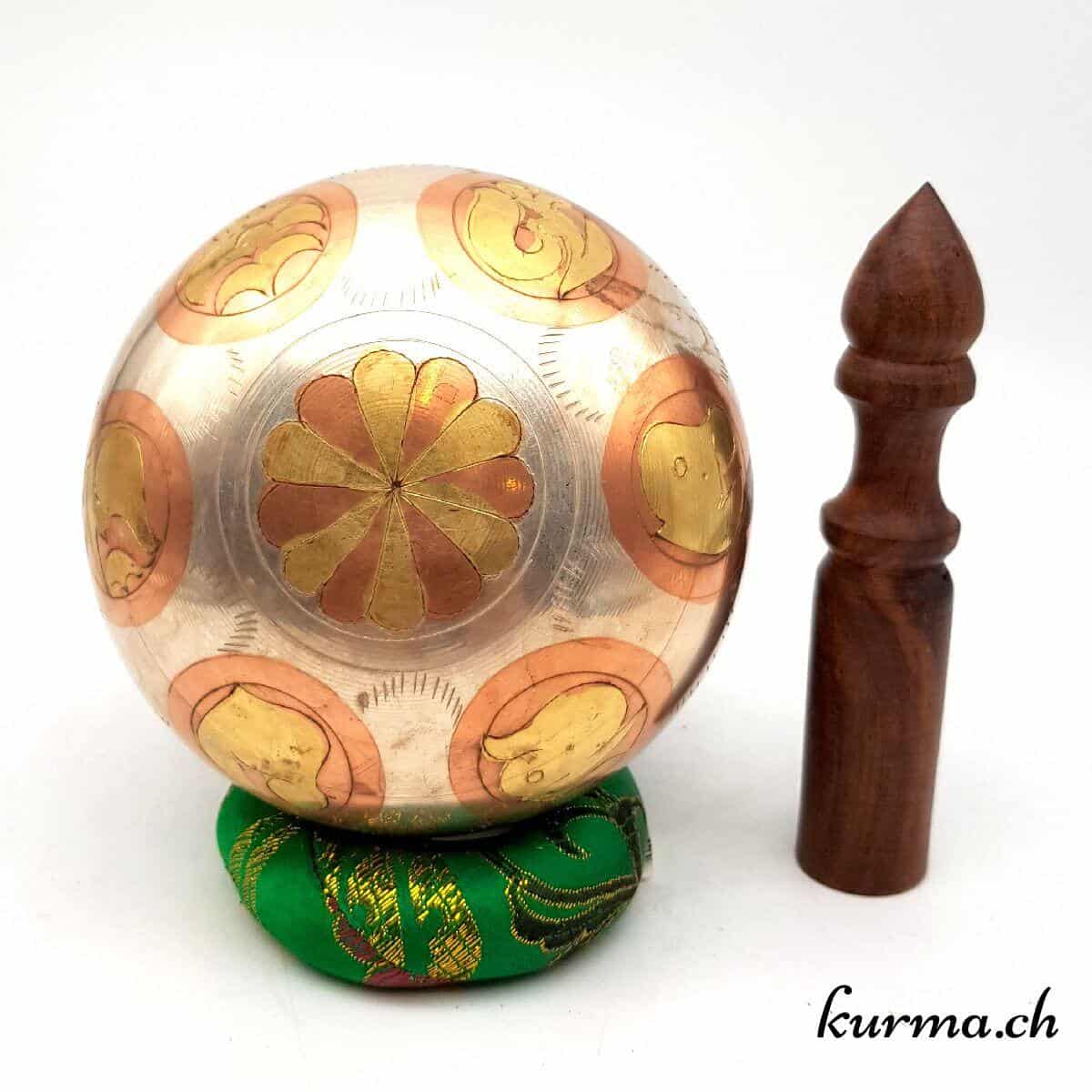
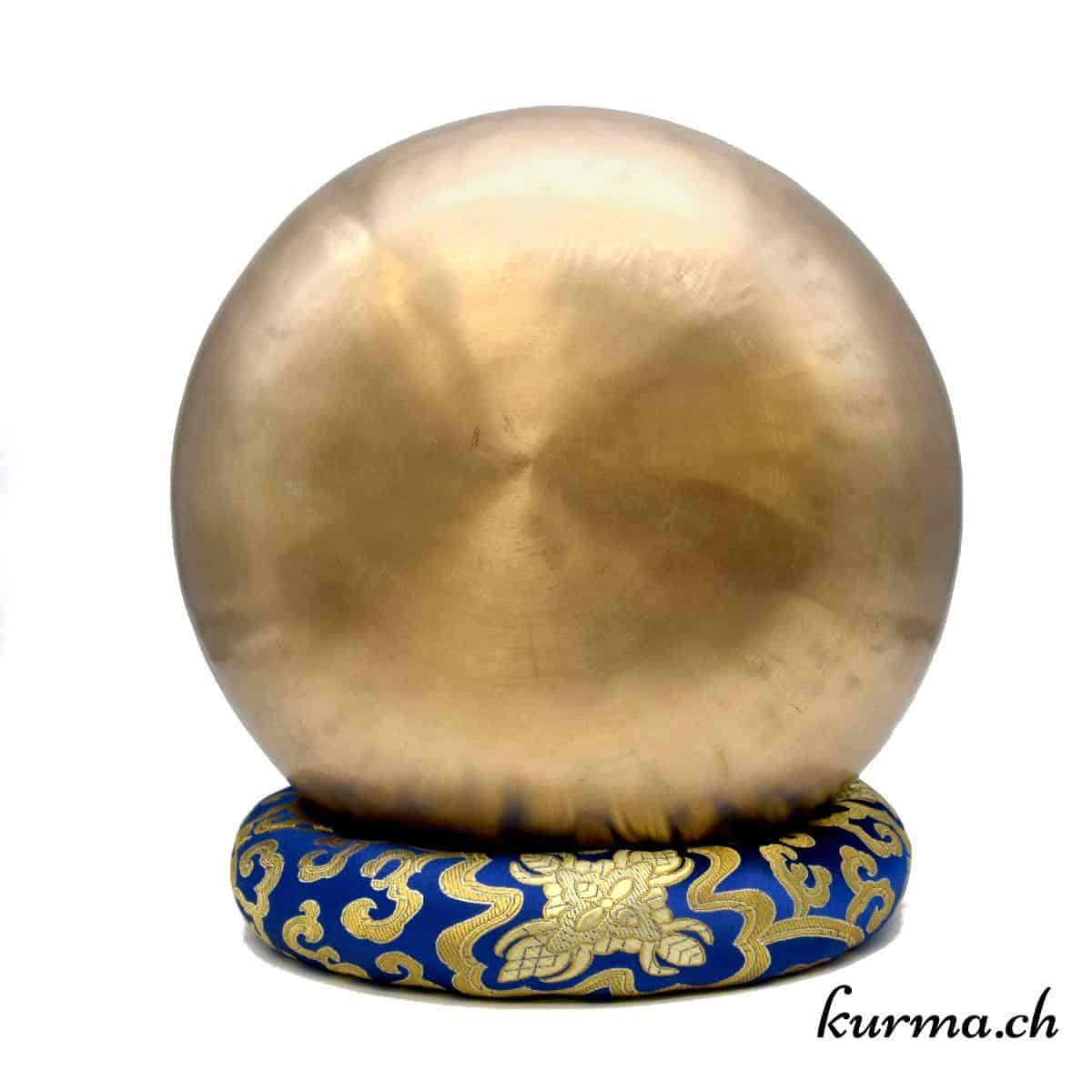
Harmonics
They contain a greater quantity of tin than "ordinary" bowls and this, combined with their shape and finesse, give them an exceptional sound and a song that vibrates for a very long time.
Their rounder shape than normal bowls gives them a much more pronounced harmonic range.
Vibration bowls
These bowls produce powerful vibrations, their notes are low even for "small" bowls and their singing is extraordinary and
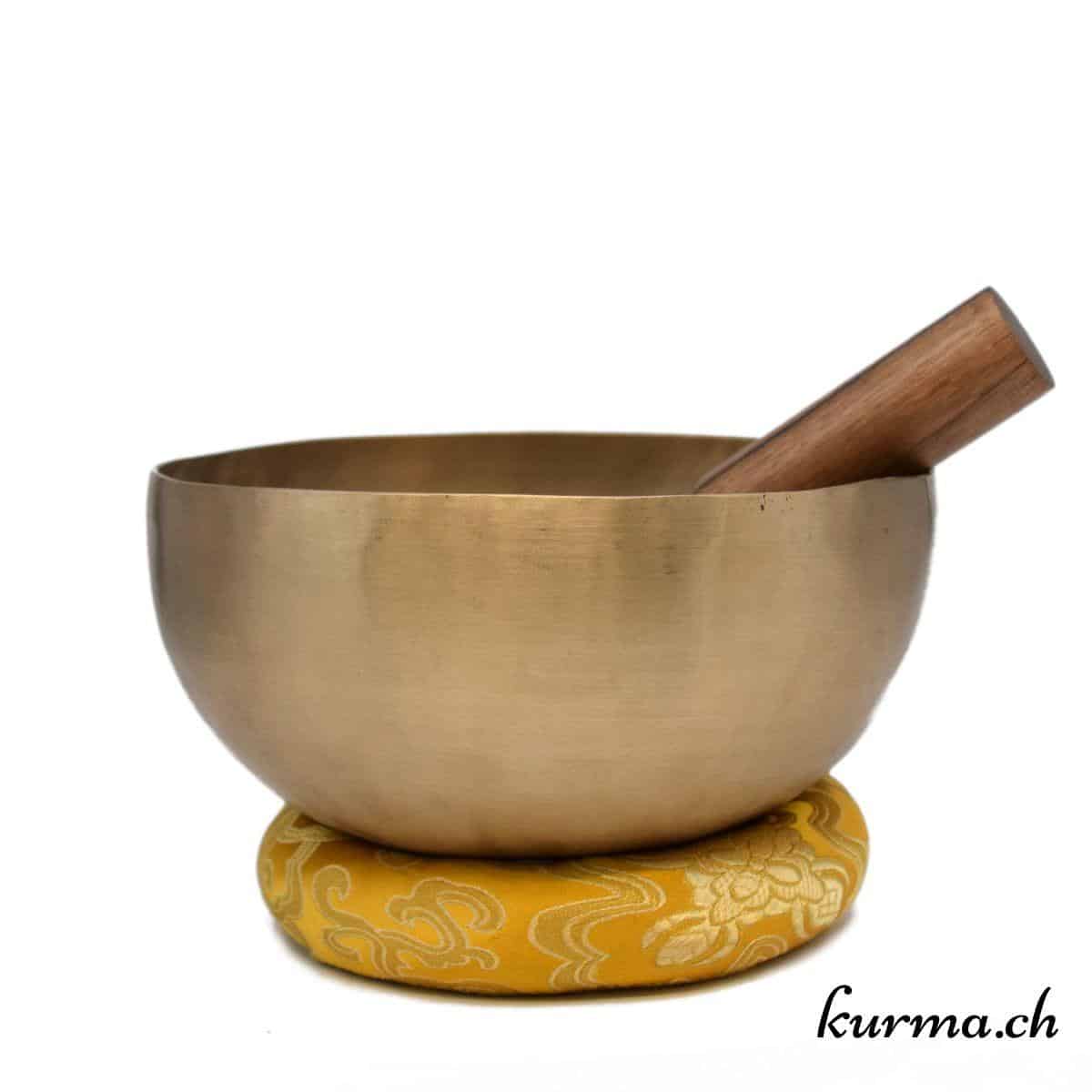

Moon, Full Moon
The "Moon" bowls are made only on the evenings of the full moon. They are "inhabited" by the energy of the moon and offer a song of incredible purity.
To discover other items in the online store, click here.
And for a wider choice, we invite you to visit our Fontainemelon shop.
Reproduction in whole or in part of this content is prohibited. More info

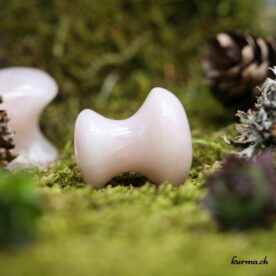



You must be logged in to post a comment.